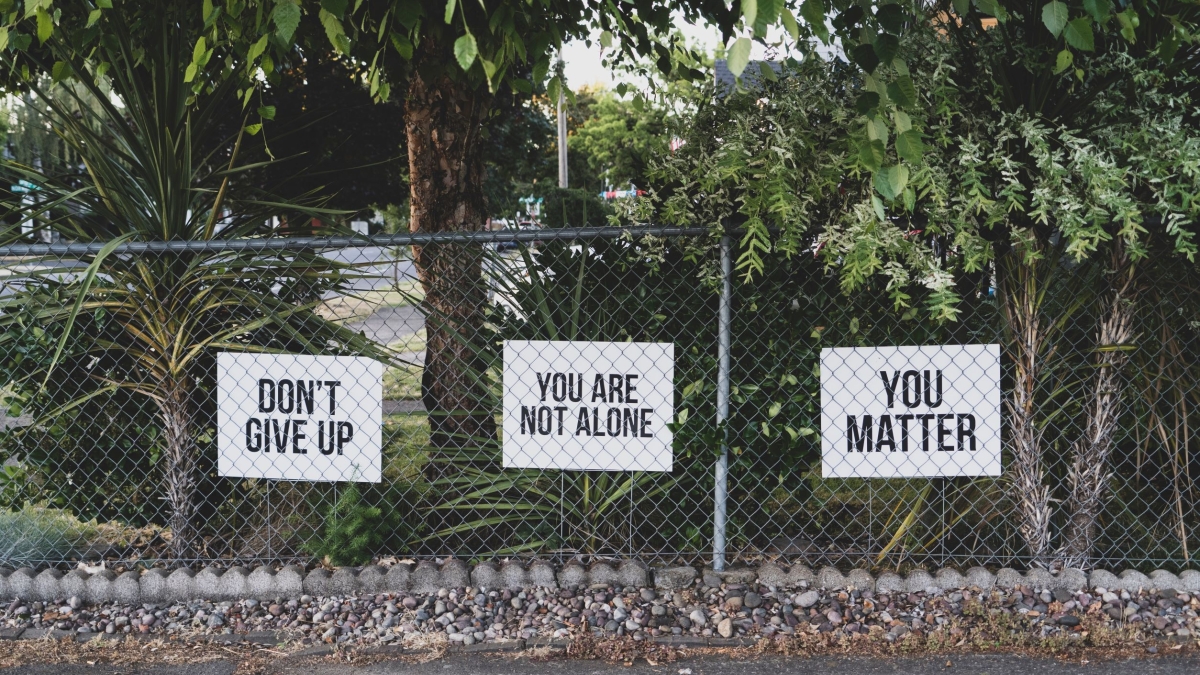Study: More than 1 in 4 Arizona suicides involved an intimate partner problem

Photo by Dan Meyers/Unsplash
More than one-quarter, or 27%, of 7,651 suicides in Arizona between 2015 and 2020 involved a problem with the victim’s intimate partner, a new Arizona State University study reports.
Other findings of the Arizona Violent Death Reporting System’s Suicide Summary Report, compiled by the ASU-based Center for Violence Prevention and Community Safety at the School of Criminology and Criminal Justice:
- Three in five (59.6%) victims of suicide had a history of known suicidal thoughts, attempts or had disclosed their intent to commit suicide to someone.
- The majority of suicide occurrences (58.9%) involved the use of a firearm.
- Nearly two-thirds (62.7%) of the study cases involved people with a substantiated history or current mental health problem, while nearly one-third (32.1%) indicated an addiction problem.
- Of the more than 5,000 victims tested, 68.5% tested positive for some substance.
Charles Katz, the center’s director and an ASU criminology and criminal justice professor, said the data tell the story of how premeditation, mental illness and substance abuse can affect an action many people consider to be spontaneous — and how others might be able to influence prevention.
“(In many cases), people knew (the victims) were thinking about it, that they had attempted suicide in the past or had told someone they were intending to kill themselves,” Katz said. “While it might make some people uncomfortable, we all need to be more aggressive in reaching out and try to help them get the help they need.”
Katz highlighted the study’s finding that most Arizona suicides examined involved guns.
“When we think someone is contemplating suicide or is at risk of suicide, we need to be more aggressive in removing guns from the home,” Katz said. “We need to think about others who care about the person such as parents, friends and others who have the ability to step in and say, ‘You don’t need this in the house at this time,’ and remove it for their safety. It is a terribly hard conversation to have, but it can save someone’s life.”
The Center for Violence Prevention and Community Safety and the School of Criminology and Criminal Justice are part of ASU’s Watts College of Public Service and Community Solutions. September is Suicide Prevention Awareness Month.
More Health and medicine

College of Health Solutions alumnus named Military Medic of the Year
By Keri Hensley and Kimberly LinnJonathan Lu has looked out for the health of his fellow military service members his whole…

ASU, Mayo Clinic forge new health innovation program
Arizona State University is on a mission to drive innovations that will help people lead healthier lives and empower health care…

Innovative, fast-moving ventures emerge from Mayo Clinic and ASU summer residency program
By Georgann YaraIn a batting cage transformed into a custom pitching lab, tricked out with the latest in sports technology,…